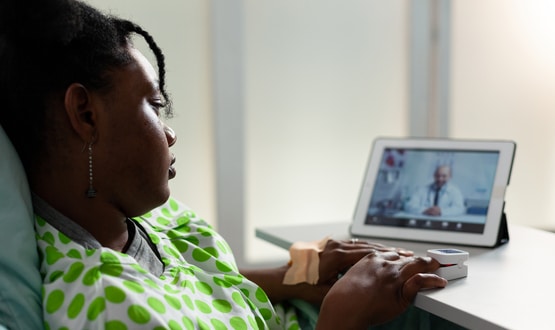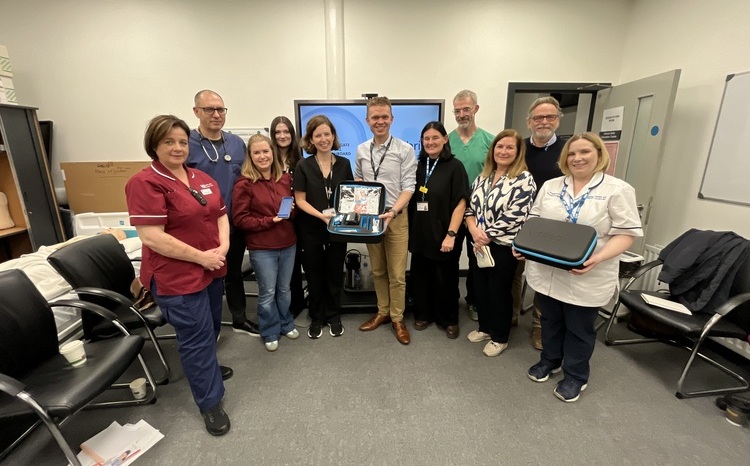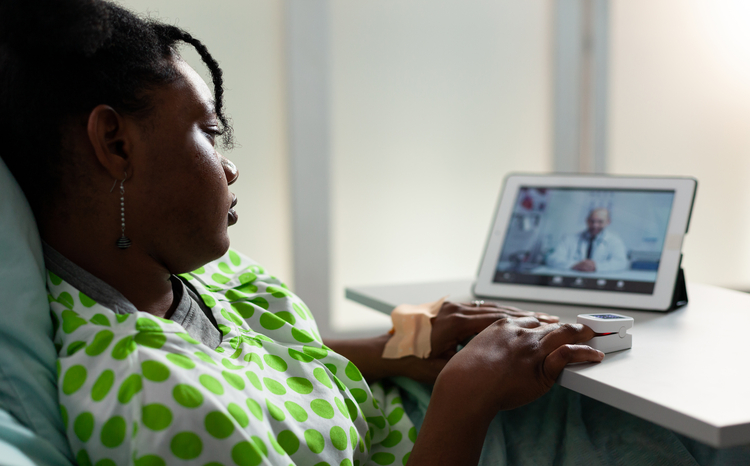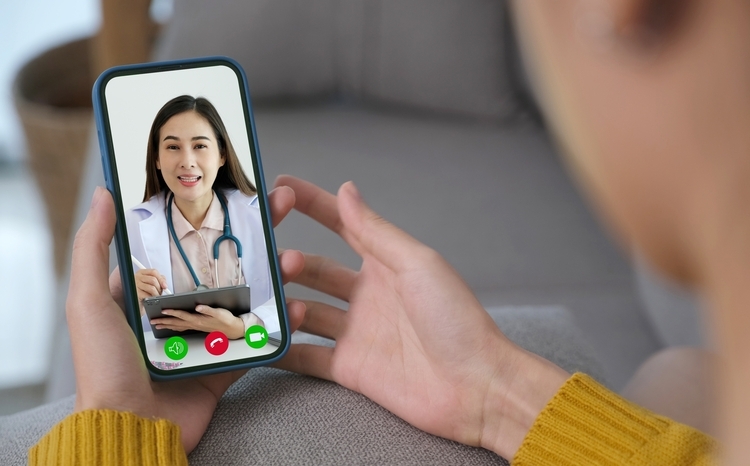Baywater Healthcare treats over 7,000 patients with virtual ward service

Baywater Healthcare has treated more than 7,300 patients with respiratory infections with its virtual wards service, helping to free up hospital bed capacity.
The company runs its digital wards on behalf of three NHS trusts, including Gloucester Integrated Care Board.
The telehealth technology supports remote monitoring so patients can remain at home, while ensuring they receive suitable medical attention.
According to Baywater around 75% of patients are able to use their own technology to use the service, while it can provide technology to those patients who need it.
Sophie Iurlano, lead for telehealth services at Baywater Healthcare, said: “Our aim as an organisation is not just to develop better products and services but to improve the quality of people’s lives.
“The telehealth services provided by our teams can alleviate some of the pressures across our NHS. Our teams are ready and we have significant capacity to deliver more of these services over the coming months across the country.”
The virtual ward service means that doctors and nurses are able to provide care and treatment through remote monitoring and can also be contacted at any time of day if needed.
Patients using the service have access to a number of tools including apps, technology platforms, wearables and medical devices, such as pulse oximeters.
The idea behind virtual wards is to provide the same high level of hospital investigation, management, treatment and care but from the comfort of patients’ own homes.
NHS England and NHS Improvement asked all Integrated Care Systems (ICSs) to extend or introduce the virtual ward model, in guidance published in May this year.
To enable this growth, £200 million was made available from the NHS service development fund in 2022-23, with a further £250 million to follow in 2023-24.




